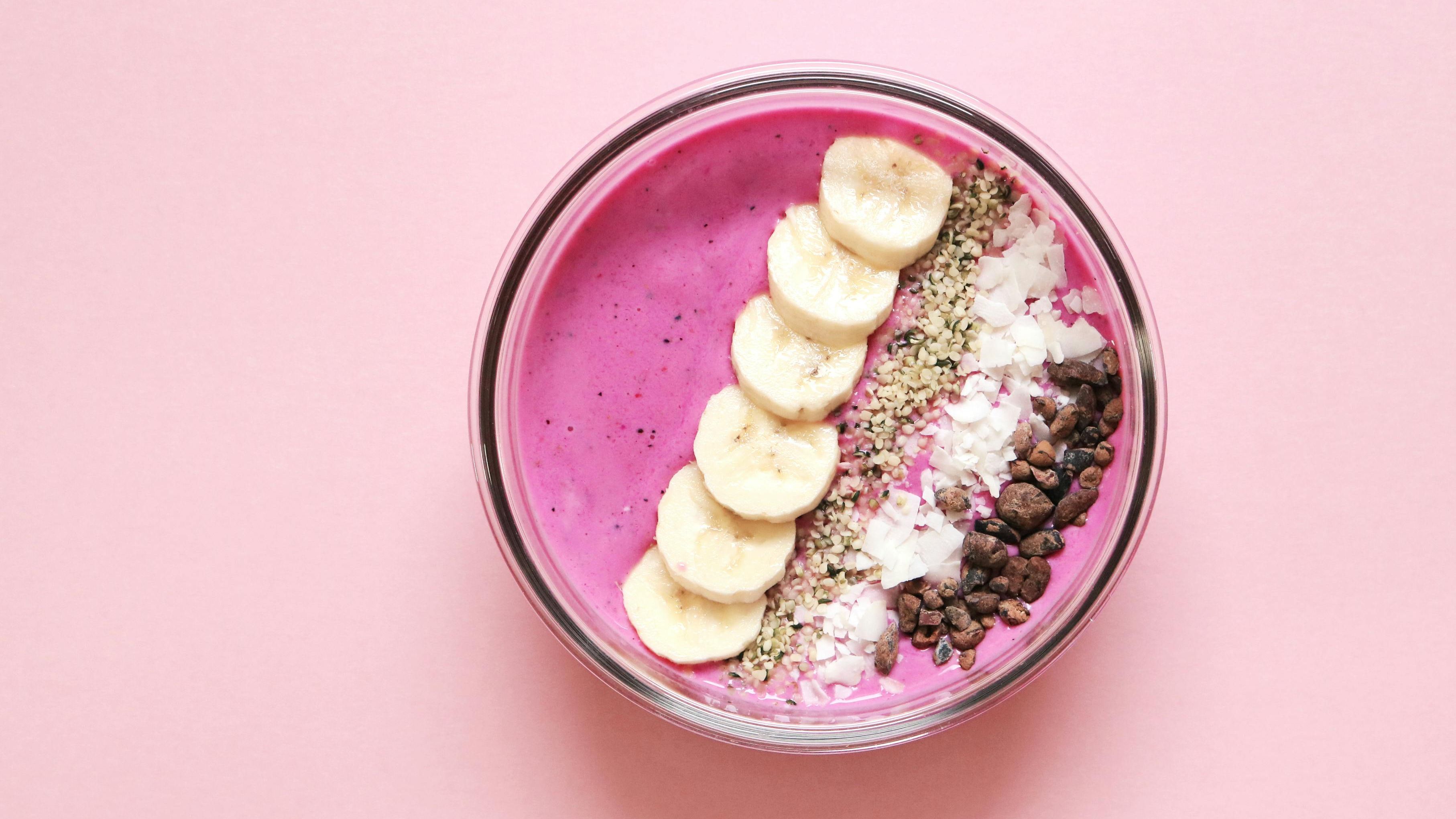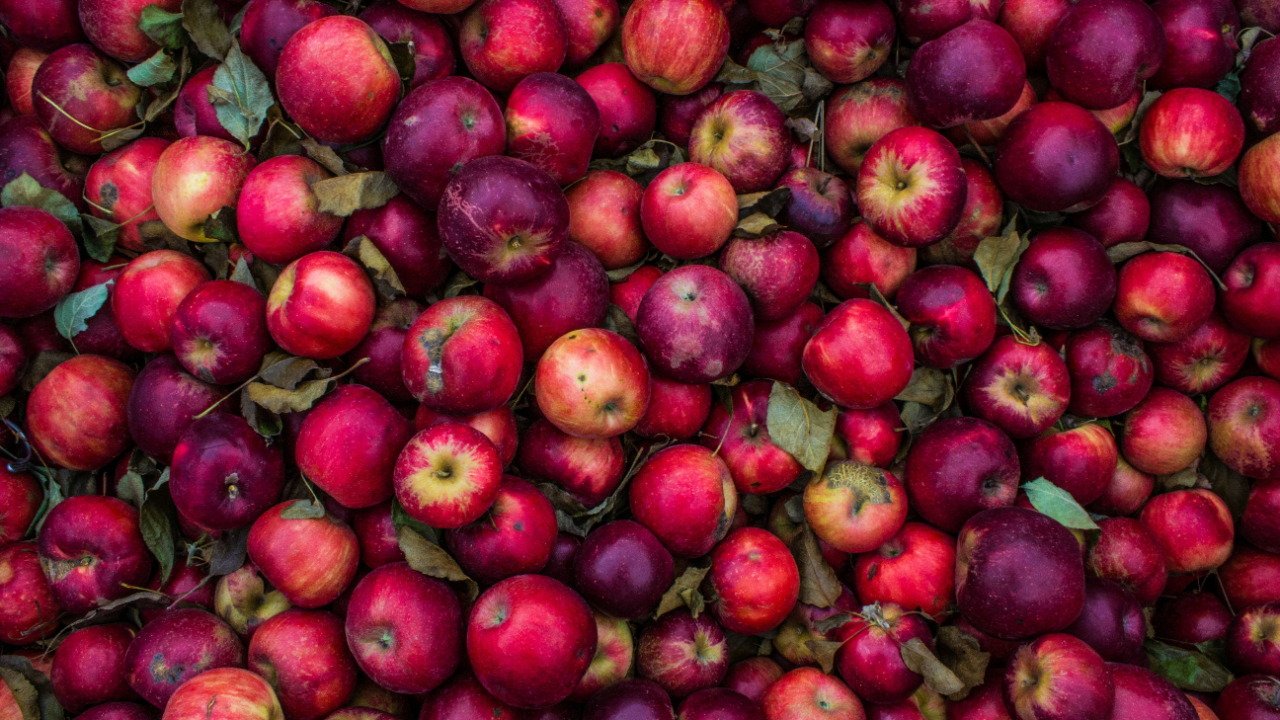How Nutrition Can Help With PMDD

If you’ve been dealing with PMDD (Premenstrual Dysphoric Disorder), you know how overwhelming the mood swings, fatigue, and irritability can feel. But did you know that nutrition plays a big role in how your body handles PMDD? Yes, what you eat can either help ease those tough symptoms or make them worse. Here’s a guide to how tweaking your diet can support your body and mind during your cycle.
Why Nutrition Matters for PMDD
PMDD is a condition tied closely to hormonal fluctuations, and what you eat can directly impact your hormone levels, energy, and mood. In my own experience, I found that food was not just fuel—it was medicine. Making a few adjustments to your diet can help bring more balance and reduce some of those extreme symptoms you may experience during the luteal phase.
Key Nutrients to Focus On
Let’s talk about some specific nutrients that can support your body through PMDD.
- Magnesium: Your Calm-in-a-Storm Mineral
Magnesium is a powerhouse when it comes to calming your nervous system and reducing irritability and anxiety. It's often called the “relaxation mineral.” Incorporating foods rich in magnesium—like leafy greens, nuts, and seeds—can help ease mood swings and cramping. - Calcium: More Than Just for Bones
Believe it or not, calcium is linked to reducing PMS and PMDD symptoms. It can help with mood regulation and overall well-being. Dairy products, fortified plant milks, and leafy greens are great sources of calcium to include in your diet. - Vitamin B6: Your Mood Booster
Vitamin B6 is known for its mood-boosting properties and can help reduce irritability, depression, and fatigue. You’ll find it in foods like bananas, chickpeas, and salmon. It’s an easy way to give your mood a lift! - Omega-3 Fatty Acids: The Anti-Inflammatory Superstar
Omega-3s have anti-inflammatory properties that can help reduce bloating, cramping, and mood swings. Adding fatty fish like salmon, chia seeds, and walnuts to your diet can be a game changer.
Foods to Avoid
Just as some foods help, others can make PMDD symptoms worse. Here’s what to avoid:
- Processed Sugars: Sugar highs are short-lived and can make mood swings worse.
- Caffeine: It may give you a temporary boost, but it can also trigger anxiety and irritability.
- Alcohol: It’s a depressant that can worsen mood swings and fatigue, especially during PMDD episodes.
Let's Talk About Balance
Now that we’ve covered the dos and don’ts of nutrition, it’s important to remember balance. You don’t have to overhaul your entire diet overnight. Small, sustainable changes can have a huge impact on how you feel. Start by introducing more nutrient-dense foods while gradually reducing the ones that aggravate your symptoms.
Bonus Tips for Supporting Your Nutrition
Aside from diet, hydration and movement play key roles in supporting your body through PMDD. Drinking plenty of water and staying active with light exercises, like walking or yoga, can further reduce symptoms and boost your overall mood.
Pro tip: Planning your meals around your cycle can help ensure you're getting the nutrients your body needs most during the luteal phase when PMDD symptoms hit the hardest. Meal prepping can be a win here.
Final Thoughts: Nutrition as a Natural Ally
PMDD may be a tough battle, but nutrition can be one of your strongest allies in managing it naturally. By paying attention to what you eat and making mindful choices, you can help your body balance its hormones and reduce the intensity of your symptoms. It’s all about giving your body the support it needs, one bite at a time.
Photo by Eric Prouzet on Unsplash






